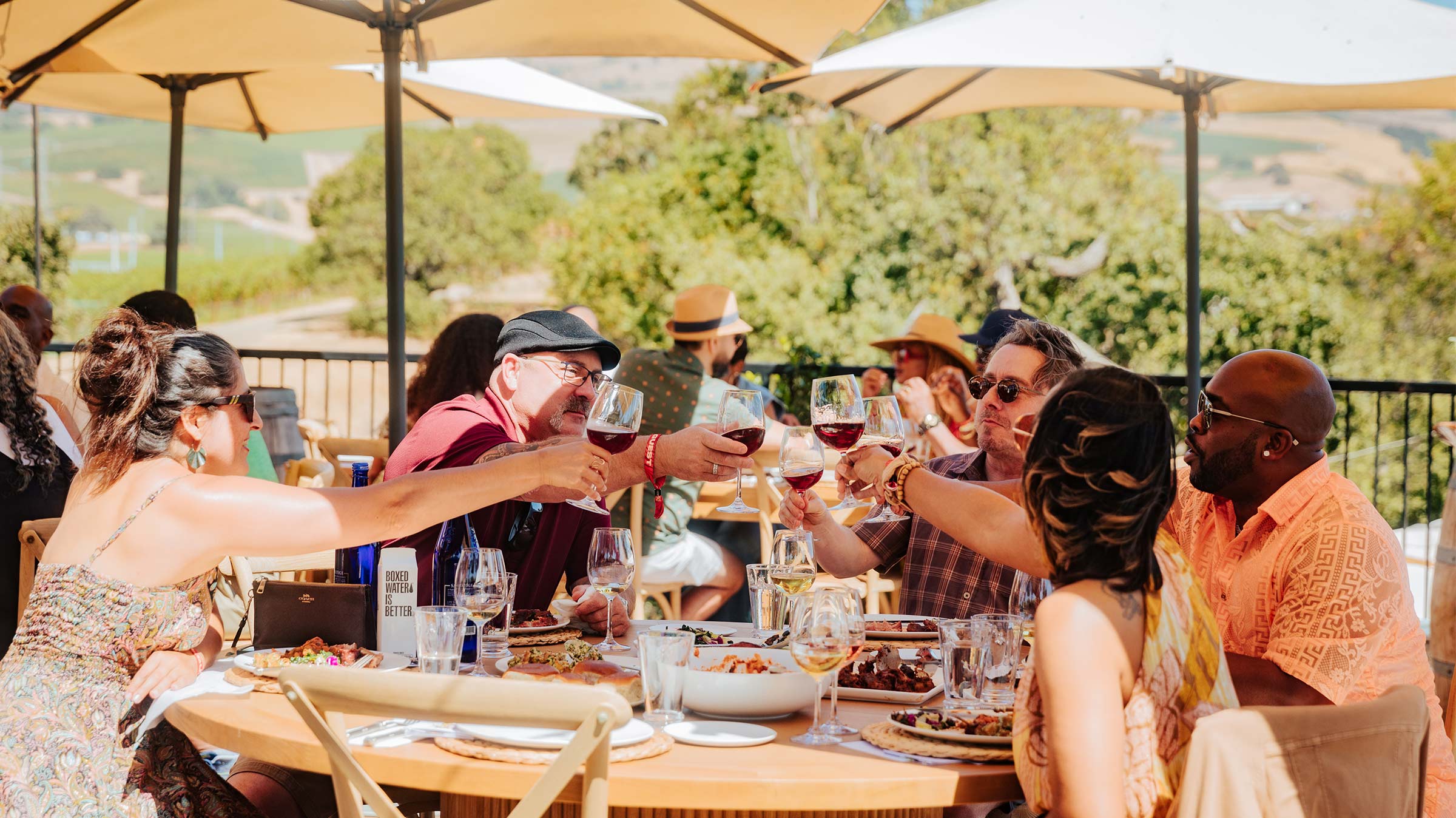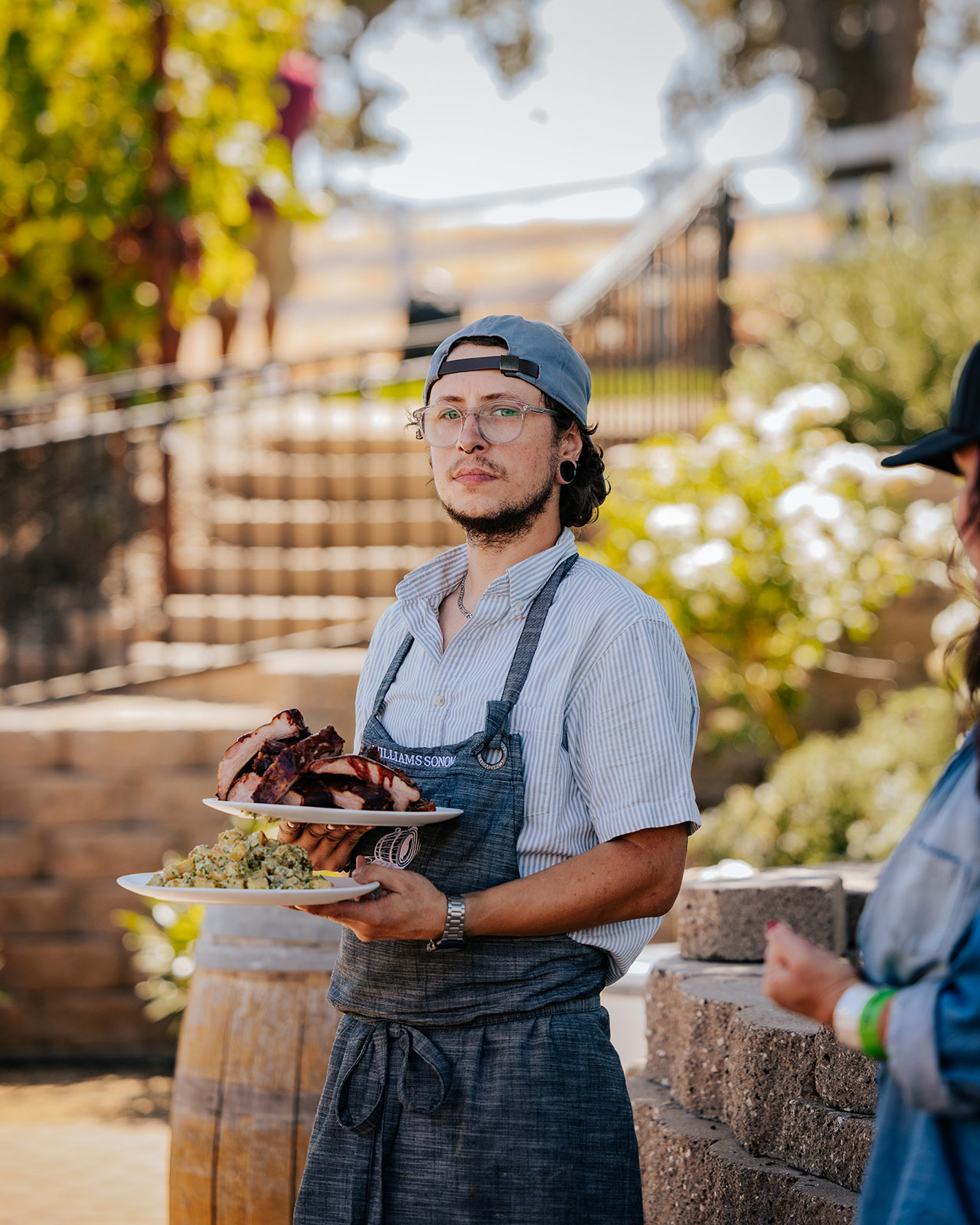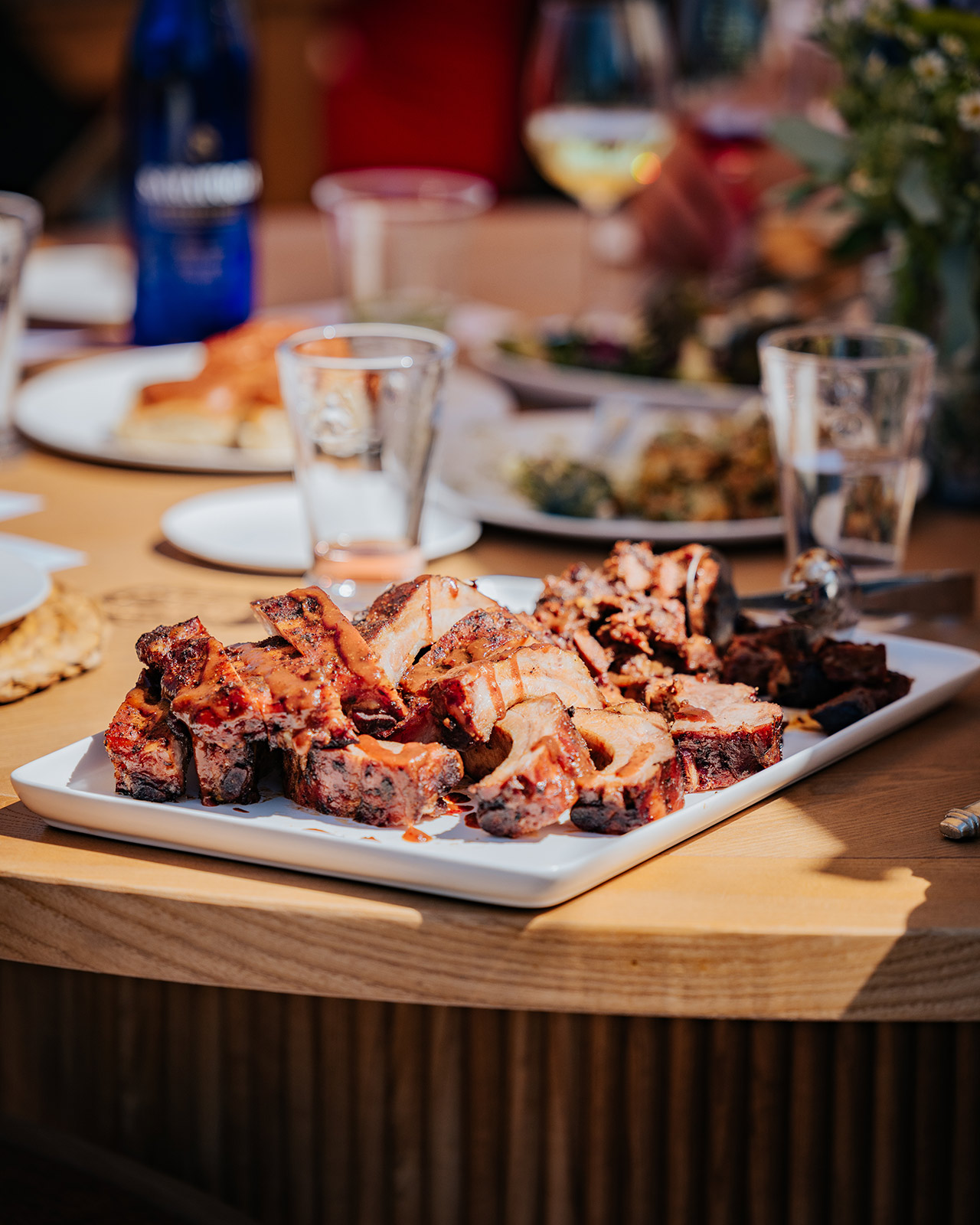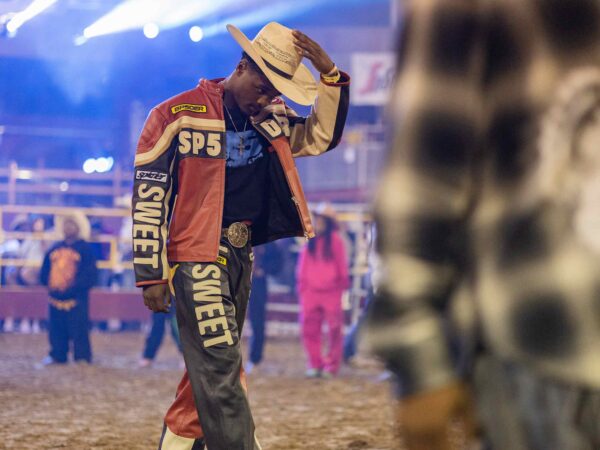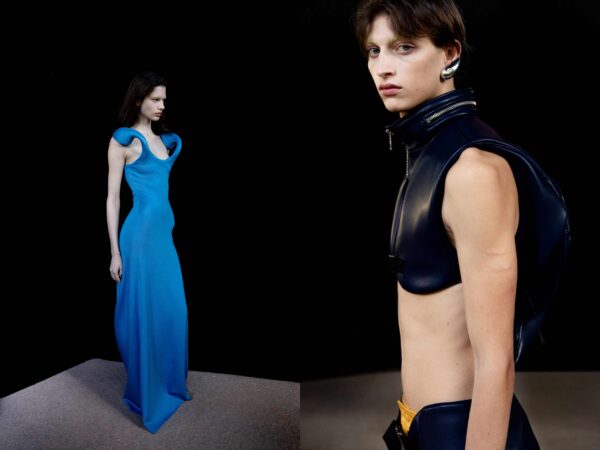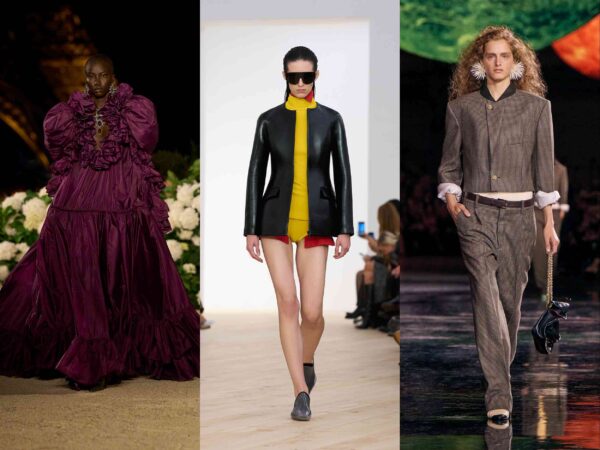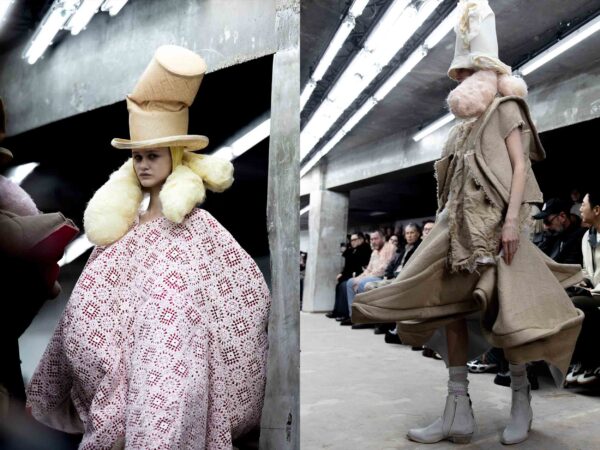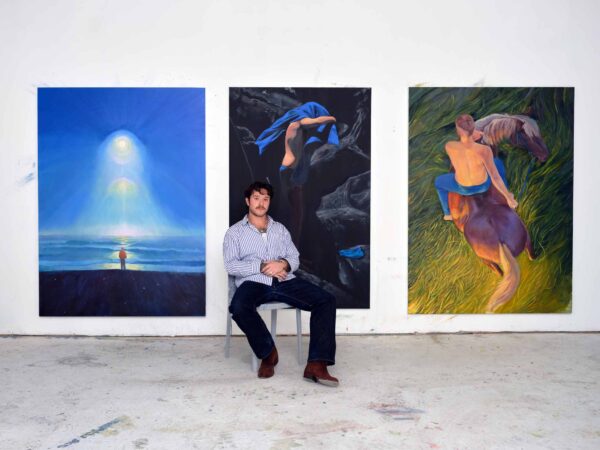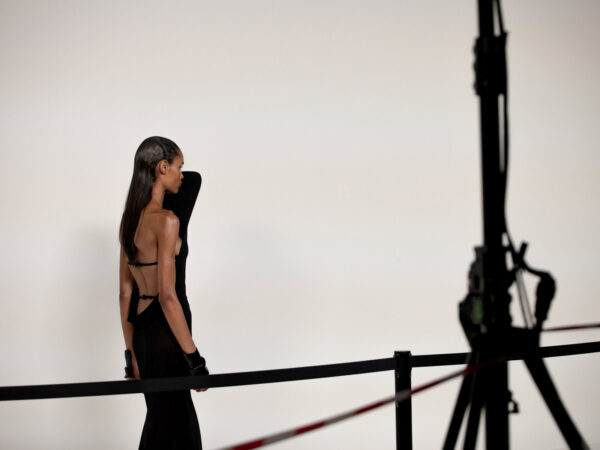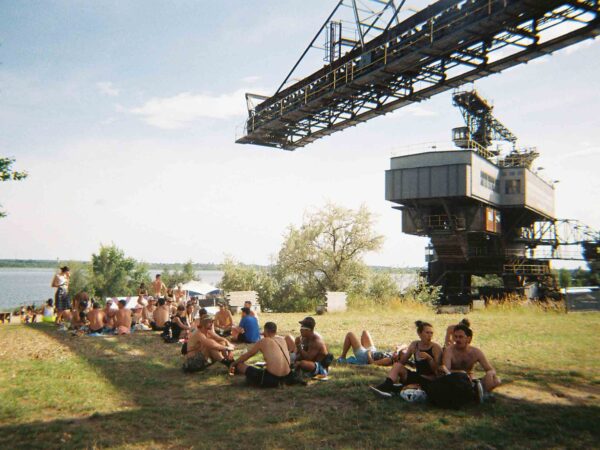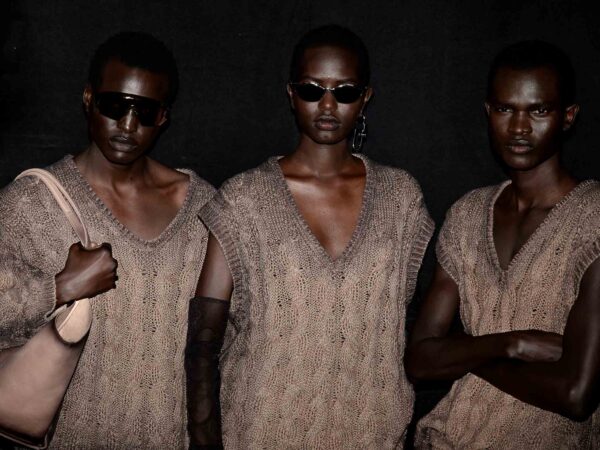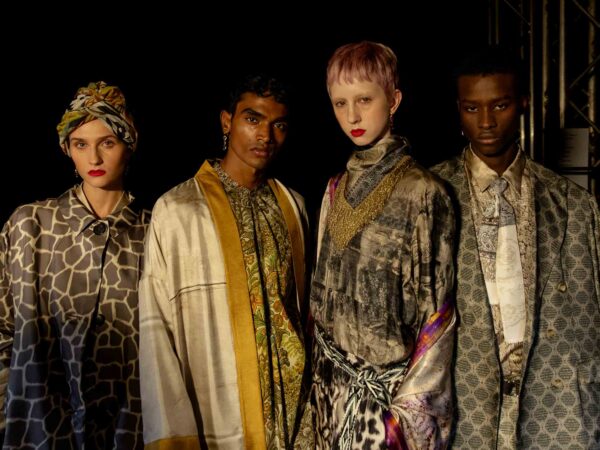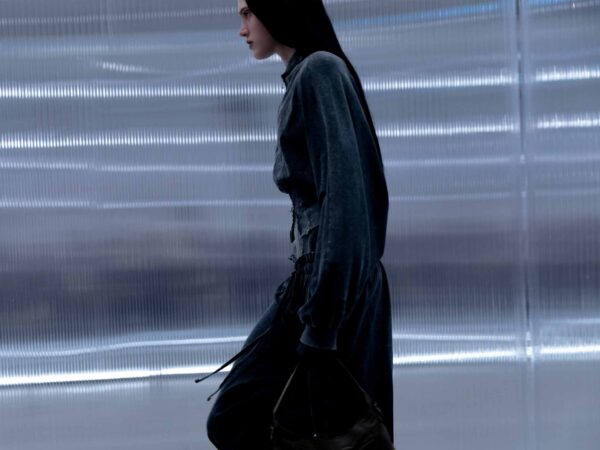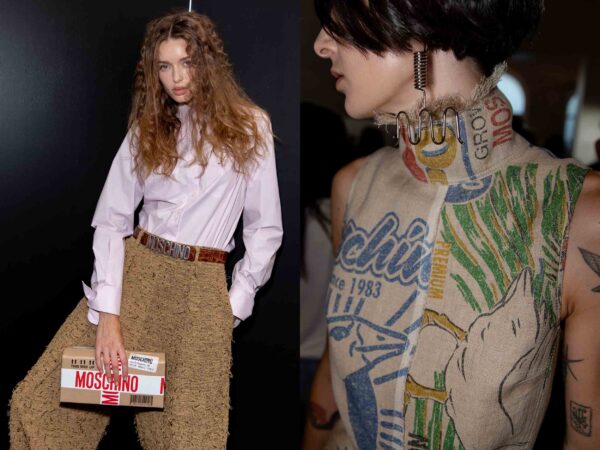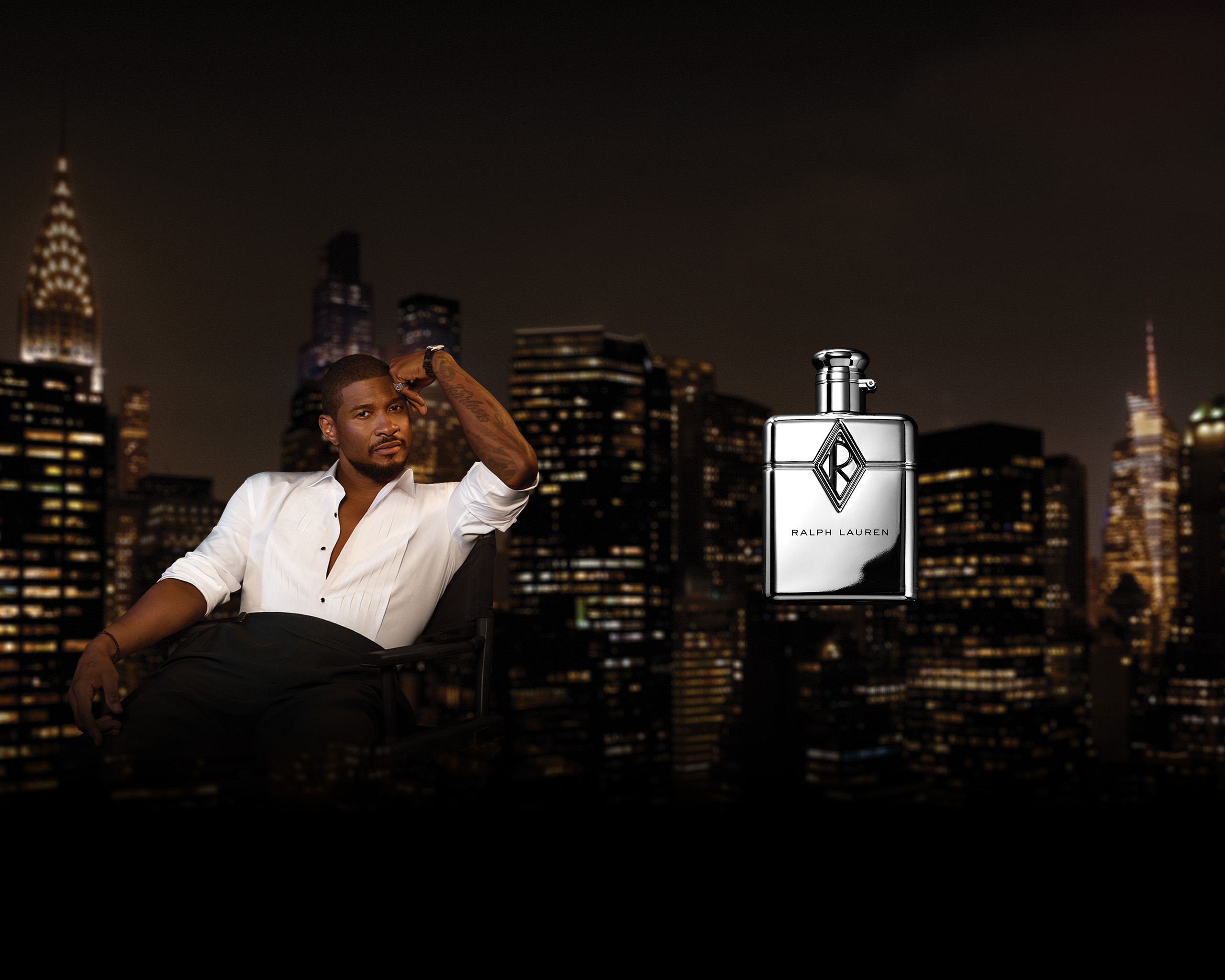At a curated lunch event, the chef gave a glimpse into the menu at Stateline Road Smokehouse, his new restaurant blending fine dining perspective with Kansas City cooking
In 1972, writer and food critic Calvin Trillin wrote an article for Playboy about burnt ends, a dish of flat top-charred bits of leftover brisket native to Arthur Bryant’s Barbecue restaurant in Kansas City, Missouri. “The counterman just pushes them over to the side and anyone who wants them helps himself,” wrote Trillin, shocked that such tasty morsels go for free as a kind of bar snack.
For chef and proud Kansas City-raised Darryl Bell, burnt ends are not only a bit of barbecue history, they’re a fixed menu item for his new Napa, California restaurant Stateline Road Smokehouse—an eatery with the culinary architecture of fine dining flavors and the approachability of a Midwestern barbecue joint. These saucy burnt ends arrived at my lunch table during Bell’s curated dining event on the last day of The Black Radio Experience, Grammy award-winning artist Robert Glasper’s music festival dedicated to uplifting fellow Black musicians as well as lesser-credited music producers, DJs, performers, and this year, chefs. It feels as though Bell has just provided a glimpse into his food-origin story.
Bell has an impressive resume: not only is he a classically trained chef with experience as chef de cuisine under Philip Tessier at Press, a hotspot restaurant in Napa County’s St. Helena, he’d also spent seven years at the prestigious Thomas Keller group under his belt. With Stateline’s opening just last month, he’s the first Black person to own a restaurant in the city of Napa since the 19th century. In its first three weeks of service, Bell tells me that aside from the usual whirlwind chaos of opening a new restaurant, Stateline feels controlled and calm. “I should knock on wood here,” he adds. Helping myself to a healthy serving of burnt ends, I can’t help but analyze the family-style plate’s position beside a trendy (and delicious) salad dish boasting lush lacinato kale, smoked maitake mushrooms, and crispy black rice. Together in harmony: a dish that was once offered as a flat-top free snack in the ’70s alongside a salad you’d see for $30 at a fine dining restaurant. At Stateline, these two plates belong together.
In a vineyard overlooking the music festival’s main campus at the Meritage Resort and Spa in Napa, Document sits down with Bell between courses to discuss staying true to your city, the emotional whirlwind of opening a restaurant, and what makes a good potato salad.
Maya Kotomori: What’s the festival been like for you so far?
Darryl Bell: It’s been great, it’s one where you feel right at home. You just feel like you’re surrounded with a whole bunch of your aunts and uncles and family. It’s a nice, chilled, laid-back and really sophisticated festival. Doing these lunch experiences obviously keep me really busy especially with the restaurant opening only three weeks ago, but it’s so worth it.
Maya: What have the first few weeks been like at Stateline?
Darryl: There are things that you can’t predict until you’re actually open and you can see what the guests will actually do, so that’s a piece of it. I told my staff day one that there will be things that will come up that we will be able to get over, and that we will improve from. I was like, Treat these next three days as the first half, then we have our days off, and we will game plan, look at the footage, review, reassess—learn how to make it more efficient for week two. And that’s exactly what happened, week two was smoother, and week three was better than that.
Maya: Are there any items you served at lunch today that exist on your permanent menu?
Darryl: Yes, all of them. The maitake, the burnt ends and baby backs, the potato salad, and beans and greens dish.
Maya: The potato salad is crazy, I must say. Having the actual chopped boiled egg-aioli combination is like eggs two ways, all smothering the potatoes. The egg and mayo combo is a Midwestern thing, right?
Darryl: Yeah, we use a lot of mayo, yellow mustard, and hard boiled eggs in ours, so I’m a fan of that. But I wanted to give you a few elements of texture there. The potatoes are a little firm on the outside because they’ve been crisped on the outside, and then when you get to the inside they’re nice and soft, and there’s a little extra warmth on the outside as well.
Maya: It’s all about the snap on the outside of that potato… that made me smile. Apart from the potato salad, where do you see the Midwest in your cooking, and how does it feel to rep your city in food?
Darryl: For sure in terms of barbecuing and smoking meats. There, the Midwest is the main driver. My first cook on a grill was when I was 14, and it was for about 20 people. It was like a summer camp cook-up. So yeah, I’m just always trying to replicate those flavors and smells that I would get when I was that age.
Maya: Was cooking something that found you, or something that you found later?
Darryl: Cooking definitely found me, and it found me early. I was eight when I first started cooking, and I was cooking a pot of lentils. We ate a lot of lentils and hot water cornbread, we didn’t have much money with a family of six of us. Eventually, I was like ‘I think I can do this.’ I’d watched a lot of times, so I just took on the pot of lentils. I thought it tasted pretty good, and so did my family. From there, I was like ‘Okay, what else can we do?’ and I started cooking dinners for the family, so much to the point where if I would get in trouble, my punishment was like ‘You’re not allowed to cook.’ [Laughs]
One summer when I was 14, I was watching PBS and found a show called Great Chefs of the World. And it was just tons and tons of French chefs in these kitchens. At one point, it just hit me. I was like, ‘Shoot, I can keep doing what I’m doing, cooking, and I can get paid for it and go see the world.’ The rest is history.
“If I do any pop-ups or any events, I make sure that the burnt ends are always on there, because it’s a Kansas City dish. I want to represent”
Maya: I think passion among young Black people is something that we really have to build up within ourselves and really strive towards in ways that other people don’t have to think about.
Darryl: It’s great, and I’m so fortunate that I never had a point where I was like ‘What do I want to do? What do I want to be? What do I need to study?’ I knew, and I would actually tell everyone, ‘I’m gonna be a chef.’ And everything just lined up.
Maya: This is a question I’m sure you get asked a lot of the time, so here’s a twist: How do you feel about being the first Black-owned restaurant in Napa understanding that your take on food is very much so from the perspective of Black American tropes in the culinary world?
Darryl: So, it’s the first Black-owned restaurant in the city of Napa, and there’s one in the county 45 minutes north from here in Calistoga. When we first opened up our temporary location in October, I was like ‘There’s no way.’ And it was true. For me, I moved out here for the food and wine, and as a chef it just didn’t make sense that in this food and wine space there wouldn’t be [a Black-owned restaurant] so to be the first, yeah, this is pretty crazy.
My take on the food of Kansas City: if I do any pop-ups or any events, I make sure that the burnt ends are always on there, because it’s a Kansas City dish. I want to represent. I did a road trip across the country and have seen how people are doing burnt ends, some with pork belly or salmon. Burnt ends are like champagne, you can’t call it ‘champagne’ if it’s not made in the Champagne region of France. I want to show people what true burnt ends are as I know it, mixing that chef side to it in a way that’s tasty, but also in a way where, if I come back tomorrow, the day after, four years from now, ten years from now—the burnt ends are always gonna taste the same.


